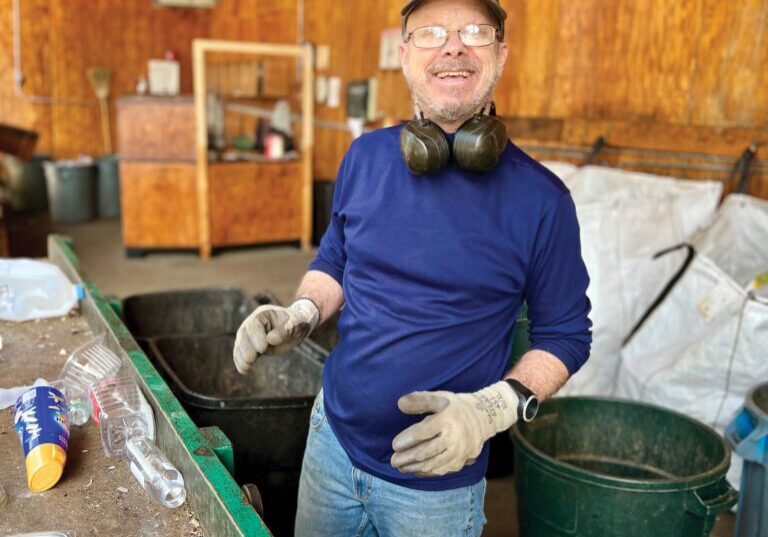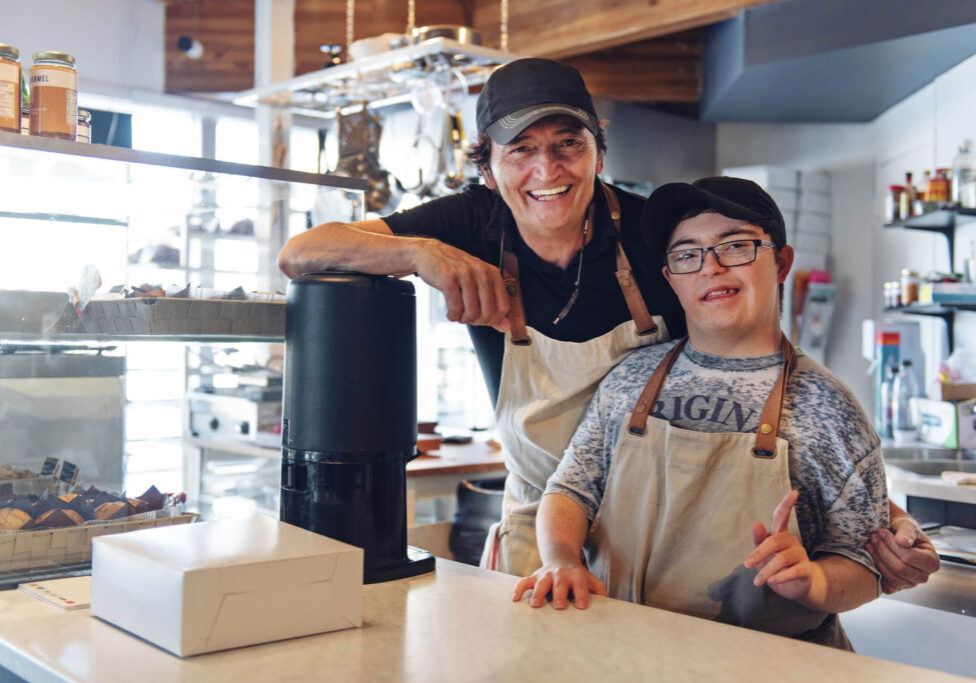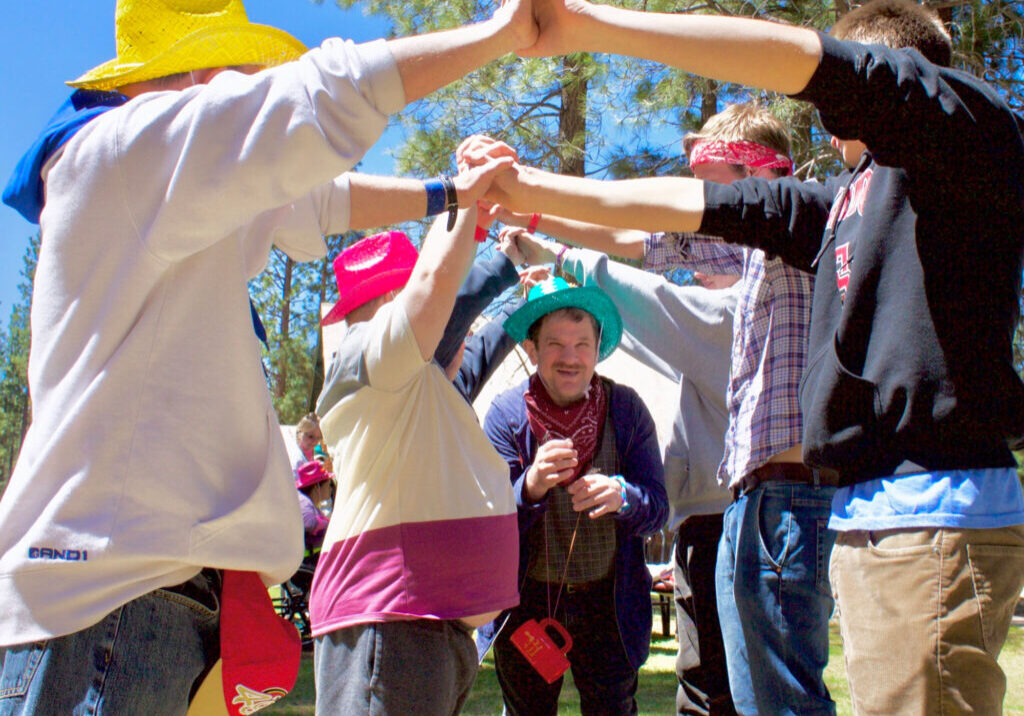 Caregiver Burnout: Trying to Pour from an Empty Cup
Caregiver Burnout: Trying to Pour from an Empty Cup
Is it normal to be exhausted all the time?
I had four small kids, two of whom had significant medical issues.
If I got more than three consecutive hours of sleep at night, I considered myself lucky. I was also eating my feelings, not getting enough exercise, and stressed out most of the time as I tried to meet the needs of my children. All of this took a toll on my physical health. I was constantly getting sick, and whatever I came down with seemed to last for ages. My emotional health was suffering, too. I was anxious and irritable with my family more times than I care to remember.
It was years before I would learn that there is an actual name for what I was experiencing: caregiver burnout.
Parents of medically fragile children and parents of children with special needs are especially at risk for caregiver burnout. Parents habitually put their children’s needs before their own, but when you have a medically fragile child, those needs can be 24/7. There is a well-known quote that states, “You can’t pour from an empty cup.” After I had two medically fragile kids within five years, my cup was draining fast.
A few years ago, after a particularly rough couple of weeks, I walked into a local urgent care for treatment for what seemed like the tenth illness I’d acquired that year. When the medical assistant asked how I was doing, I completely lost it. I sobbed in that exam room for half an hour and poured out what I was feeling. I walked out of there with a prescription for bronchitis and a referral to a therapist.
Signs of caregiver burnout can include withdrawal from friends and family, loss of interest in favorite activities, feelings of hopelessness or helplessness, changes in appetite and weight, changes in sleep patterns, becoming sick more often, irritability, and emotional and physical exhaustion.
Signs of Caregiver Burnout
It’s easy to mistake caregiver burnout for stress, and understandably so. Caring for a chronically ill child means being in a constant state of hypervigilance. Constantly monitoring their medication, equipment, and overall health is often extremely taxing. That stress contributes to the ultimate burnout.
Refill Your Cup
Let me be your cautionary tale. Don’t wait until your cup is empty and emotionally explode as I did. Seek out someone to talk to, such as a medical professional, a clergy member, or a trusted friend. Find ways to refill your cup, even if it’s just for an hour or two a day. You deserve it!
Uniquely Us is a unique opportunity to address special needs issues and concerns and to celebrate life. If you have something, in particular, you would like to read about, please write to pn@northstateparent.com (please include UU in the subject line).
Posted in: Uniquely Us
Comment Policy: All viewpoints are welcome, but comments should remain relevant. Personal attacks, profanity, and aggressive behavior are not allowed. No spam, advertising, or promoting of products/services. Please, only use your real name and limit the amount of links submitted in your comment.
You Might Also Like...

Uniquely Us: Not Your Garden Variety Theater: A Summer Program for Children and Teens on the Autism Spectrum
For many individuals with special needs, skills such as learning to express and interpret basic emotions, making new friends and working with a group can be challenging at best. For […]

Caregiver Burnout: Trying to Pour from an Empty Cup
I used to think it was normal to be exhausted all the time. I had four small children, two of whom had significant medical issues. I considered myself lucky if […]

Siskiyou Opportunity Center Expands To Serve Shasta County Clients
Northern California is home to a vast network of support programs that enhance the lives of adults with developmental and intellectual disabilities by promoting financial independence, employment, community involvement and […]

Ableism: Recognizing and Preventing An Outdated, Harmful Belief
Most people are aware of the discrimination that disabled people face daily, but many don’t know that there’s a name for it — ableism. It comes in many forms, and […]



 Caregiver Burnout: Trying to Pour from an Empty Cup
Caregiver Burnout: Trying to Pour from an Empty Cup
